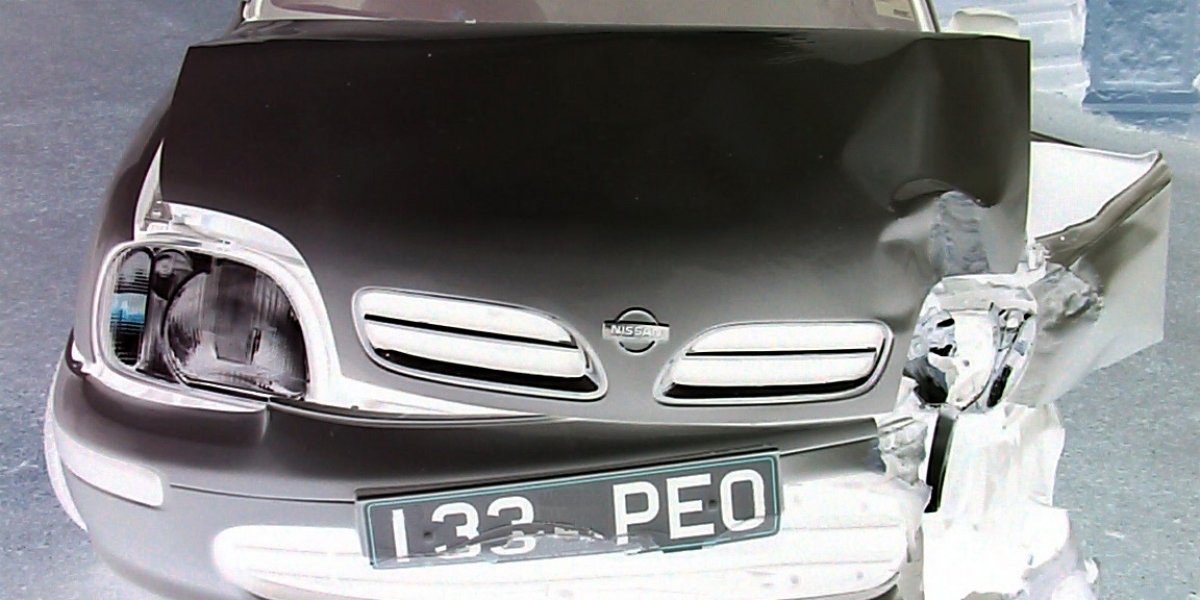For many patients in Blackburn looking to replace missing teeth, deciding between mini and traditional implants can feel confusing. Both are reliable, long-lasting solutions, but they differ in design, placement, and suitability for specific dental needs. Understanding how each type works will help you make an informed choice and enjoy a confident smile with the right dental implants Blackburn treatment plan.
Dental implants are artificial tooth roots placed into the jawbone to secure replacement teeth such as crowns, bridges, or dentures. They restore function, enhance appearance, and prevent bone loss—a major concern after tooth loss. However, patients are often unsure whether mini implants or traditional ones are best suited to their case. Let’s explore the details to clarify how both options work.
What Are Traditional Dental Implants?
Traditional dental implants are the most common type used in restorative dentistry. These implants typically measure around 3.5 to 6 millimetres in diameter and are made of titanium, known for its strength and ability to fuse with bone. Once inserted into the jaw, they require a healing phase known as osseointegration, during which the bone integrates with the implant. After healing, an abutment and crown are attached to restore the visible tooth.
Traditional implants are ideal for patients with adequate bone density. However, if bone loss has occurred, bone grafting may be necessary beforehand to increase bone volume. While this adds to the treatment timeline, it ensures long-term stability and strength for the implant.
Introducing Mini Dental Implants
Mini dental implants are a smaller, simplified version of conventional implants, typically less than 3 millimetres in diameter. They were originally designed to stabilise dentures but have since been used for single-tooth replacements as well. Unlike traditional implants, mini implants often do not require bone grafting, making them an ideal solution for patients with thinner jawbones.
Their design involves a one-piece structure that combines the implant and abutment, allowing for quicker placement and healing. For many patients who seek a less invasive and faster treatment in dental implants Blackburn, mini implants can be an optimal option, particularly when immediate results are desired.
Key Differences Between Mini and Traditional Implants
To help you better understand how both options compare, the following table outlines the main differences in design, procedure, and suitability:
Feature | Mini Implants | Traditional Implants |
Diameter | Under 3 mm | 3.5–6 mm |
Structure | One-piece (implant and abutment combined) | Two-piece (separate implant and abutment) |
Surgical Process | Minimally invasive | More extensive |
Healing Time | Shorter (often within weeks) | Typically 3–6 months |
Bone Requirements | Suitable for thinner bone | Requires adequate bone |
Common Use | Denture stabilisation, small teeth replacement | Full tooth replacement, multiple implants |
Cost | Generally lower | Higher but longer-lasting |
Longevity | 7–10 years with care | 15–25 years or more |
Benefits of Mini Dental Implants
Mini implants have grown in popularity for a variety of reasons. Their smaller diameter and simplified procedure make them appealing for quick and efficient treatments. Here are some primary advantages:
- Faster procedure and recovery: Mini implants can often be placed in a single visit, requiring less recovery time and immediate stabilisation for dentures.
- Less invasive treatment: The process involves minimal incision, reducing discomfort and inflammation post-surgery.
- Ideal for reduced bone mass: Patients with bone loss who are not eligible for traditional implants can often benefit from this solution without bone grafting.
Mini implants also tend to be more affordable, though their lifespan may be shorter compared to traditional implants. For many older patients or those seeking a fast and secure tooth replacement option, they strike an excellent balance between functionality and convenience.
Advantages of Traditional Implants
While mini implants offer many conveniences, traditional implants remain the gold standard for complete tooth replacement. Their strength, durability, and long-term stability make them a highly reliable investment in your smile. Below are the standout benefits of traditional implants:
- Superior durability and longevity: Traditional implants can last decades when properly maintained, providing unmatched strength for chewing and biting.
- Natural aesthetics: They mimic the root structure of natural teeth closely, resulting in both a realistic look and feel.
- Wide applicability: These implants can replace single teeth, multiple teeth, or even support full-arch restorations.
Though placement requires more time and healing, many dental implants Blackburn patients find the lasting results worthwhile, especially for restoring both appearance and full jaw function.
When to Choose Mini Implants
Mini implants are most suitable for patients who face one or more of the following situations:
- Insufficient jawbone density for traditional implants
- Seeking a faster restoration option
- Looking to stabilise dentures quickly
- Preferring a minimally invasive procedure with reduced downtime
For patients looking to improve dental retention without extensive surgery, mini implants may be the ideal path. Consultation with a skilled implant dentist helps ensure the most effective solution based on bone quality and oral health.
When Traditional Implants Are Better
Traditional implants are recommended when long-term stability, full bite strength, and natural aesthetics are top priorities. They are particularly beneficial in cases involving:
- Multiple missing teeth need strong support
- Younger patients seeking lasting restoration
- Sufficient bone volume to support standard implant size
- Existing crowns or bridges needing anchorage
In most cases, your dentist will review X-rays and 3D scans to assess jawbone health and recommend the most suitable route based on your overall oral condition.
Considerations Before Surgery
Whether you’re considering mini or traditional implants, preparation plays a crucial role in success. Good oral hygiene and gum health are essential, as is ensuring that conditions such as gum disease or infection are addressed before beginning treatment. Smokers are generally encouraged to quit, as smoking can slow healing and interfere with bone integration.
Patients exploring Invisalign Blackburn aligner treatment should also discuss timing with their dentist. In some cases, tooth alignment adjustments are recommended before implant placement to ensure ideal spacing and aesthetic results.
Mini and Traditional Implant Procedure Overview
Each implant type has unique procedural steps. Mini implants typically require a simpler approach, often performed under local anaesthesia without stitches. Traditional implants involve two main stages—placement and restoration—requiring several months between surgery and final crown fitting for complete osseointegration.
The choice often depends on your oral anatomy, lifestyle, and aesthetic preferences. Patients seeking quick stability may prefer mini implants, while those prioritising long-term endurance will benefit most from traditional options.
Post-Treatment Care and Recovery
Proper aftercare ensures that your implants last and heal properly. Regardless of which type you choose, follow your dentist’s aftercare instructions carefully. This includes maintaining meticulous oral hygiene, regular check-ups, and avoiding hard or sticky foods during recovery.
- Brush twice daily with a soft-bristle toothbrush.
- Floss gently or use interdental brushes around the implant area.
- Avoid tobacco and alcohol during healing to support tissue recovery.
Most dental implants Blackburn patients can return to normal routines within a few days following mini implant placement, while traditional implants may require a longer adjustment period.
Cost Considerations and Longevity
Mini implants are generally more affordable than traditional ones, but they may not last as long. Traditional implants, although more expensive initially, often provide longer-term value and fewer replacements over time. Your dental team will assess your needs and budget to create a personalised plan that suits you best.
Like orthodontic aligner treatments such as invisalign Blackburn, dental implants represent an investment in confidence and oral health. Both require consistent care to maintain excellent results. Over time, implants can improve chewing comfort, jawbone strength, and overall aesthetics—restoring essential function and enhancing your quality of life.
Final Thoughts
Choosing between mini and traditional dental implants involves careful consideration of your bone structure, timeframe, and desired outcomes. If you seek a minimally invasive, faster fix and have some bone loss, mini implants could be a suitable choice. However, for those prioritising strength and longevity, traditional implants remain the more durable and natural-feeling option. For a thorough consultation, personalised guidance, and expert treatment planning in dental implants Blackburn, visit Smilo Dental Implants Group, where every treatment is crafted to restore your confidence, function, and lasting oral health.







